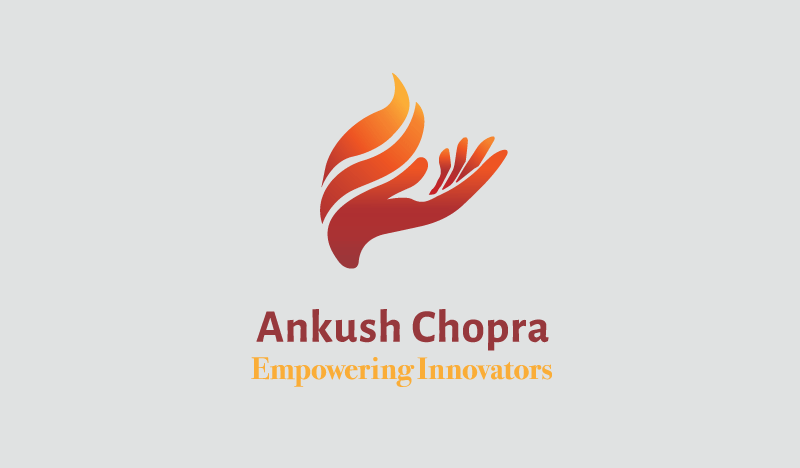When firms face a rogue innovation, their biggest enemy is often their past success. Consider Kodak and Polaroid. When they looked at their future, they saw a future where their core capabilities remain relevant. Kodak thought that its chemical science capabilities would remain important to success in photography industry; Polaroid thought people would continue to value instant print.
Why would firms fall into this trap? If a firm has been extremely successful, it obviously believes that it is great at what is needed to win. Moreover, it just knows that it takes to win. As a result, its efforts are directed toward being better at what it does well. Its investments are focused on building the capabilities that made it successful.
To suddenly abandon what made the firm successful and start from scratch is a pretty foolish suggestion no matter where it comes from. However, when faced with a rogue innovation this past success becomes the biggest trap for such firms. The consequences is that such firms do look ahead but stop short of searching for future solutions in an expansive manner.
What happens when you are searching for a lost key? You look at several places until you find it. The same goes for a firm facing a rogue innovation. Its managers search for the key and stop once they find it. The only problem is that although this key worked in the past, it may no longer work in future. So the situation calls for an iterative search wherein managers need to find new keys that may work in future.
However, such a search mechanism this is contrary to our normal search behavior wherein we start the search with an end in mind and we stop a search when we find what we are looking for. This search requires one to start without knowing what will be the final answer and not stop at the first instance when one stumbles upon a reasonable answer. To keep looking!
If Kodak and Polaroid had done this, they would have seen that although the future they were envisioning was possible, other futures were perhaps equally likely. It would have prepared them better.
Do your organizational mechanisms make you stop when you find the first answer? Do people around you stop looking after the first possible answer is found. Can you build mechanisms to make your managers keep searching far beyond after the familiar key is found?





Please note: I reserve the right to delete comments that are offensive, or off-topic. If in doubt, read my Comments Policy.